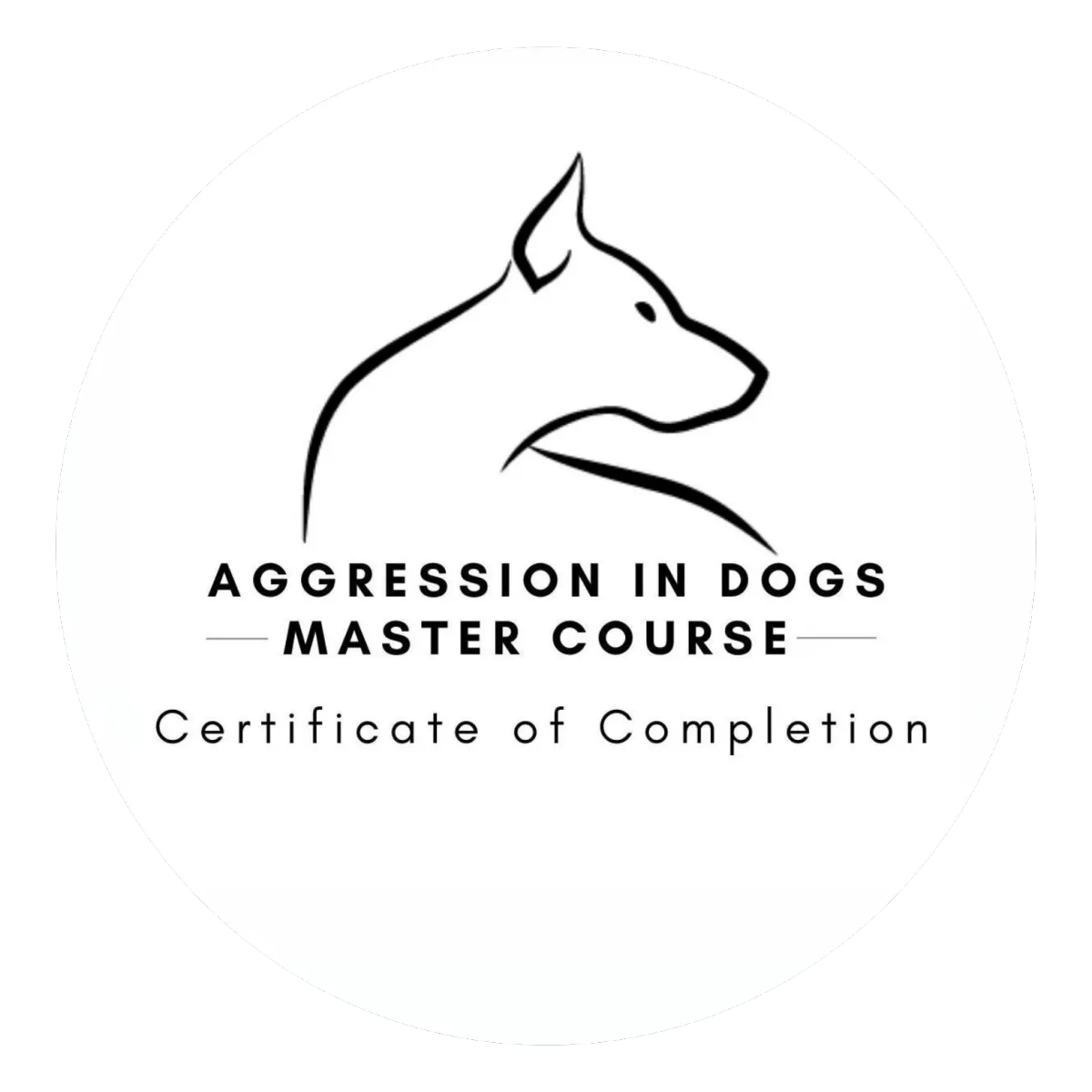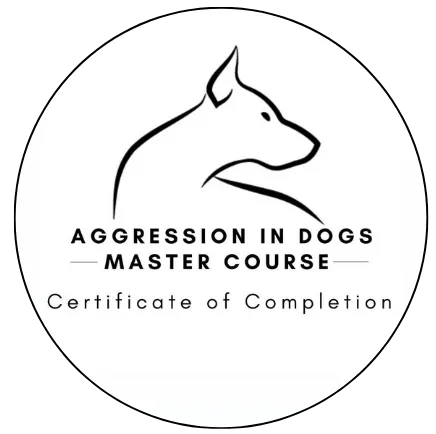Why Lassie...
Why?
Pulling happens when there's tension on the leash, either from the dog resisting, moving forward forcefully, or from tension created by the human. Pulling often making walks challenging. Let's focus on why your dog might pull:

Dogs have a naturally faster gait than humans
Excitement
Lack of leash training
Habit / Learned Behavior
To escape scary stuff
To reach interesting things faster
Curiosity & Exploration
Innate instinct to roam/sniff
REALLY have to potty
To communicate
NOTE: Dog behavior is complex; your dog may be behaving this way for one or several of these reasons (or reasons not listed).
What type of leash do I need?

Choosing the right walking tools can make a big difference. From dual-connection harnesses to retractable leashes, the options can seem overwhelming.
Let me help you find the best fit.
Pulling Myth Busters
Become a member today to unlock our full course library—and enjoy other exclusive perks!

MYTH #1:
Using a retractable leash can stop leash pulling.
Retractable leashes can actually encourage pulling because dogs learn that pulling extends the leash, thus reinforcing the behavior. This can make it harder to teach them to walk calmly on a regular leash. Additionally, retractable leashes can be difficult to control, increasing the risk of accidents or your dog running off.

MYTH #2:
Chain collars & prong collars are the best way to stop pulling.
Aversive tools like choke or prong collars may offer temporary control, but they do not address the underlying cause of the behavior. These tools work by causing discomfort or pain when the dog pulls, which can suppress the behavior in the moment. However, they do not teach the dog what behavior is desired instead.
Aversive tools can create more problems by causing fear, anxiety, or aggression in dogs.

MYTH #3:
Pulling on the leash is a sign of a stubborn or disobedient dog.
Dogs pull on the leash primarily because they haven't been trained to walk politely beside their owners. It's a natural behavior for dogs to want to explore their surroundings, and without proper training, they will naturally lead the way, resulting in pulling.

MYTH #4:
Dogs pull because they want to dominant the human.
The theory that dogs behave in certain ways to dominate humans has been debunked by modern science. Scientific studies into canine cognition and behavior have shown that dogs are motivated by a desire for resources such as food, attention, and opportunities to explore. When a dog pulls on the leash, it is often to reach something they find interesting or exciting, such as a scent or another animal.

MYTH #5:
Leash pops" are a harmless way to correct leash pulling.
"Leash pops" are an aversive form of training that involves a quick, corrective tug on the leash. These can lead to an increase in fear or anxiety in the dog, as they may associate the discomfort with the leash, the environment, or even the handler. It's more effective to focus on teaching and rewarding the desired behavior, such as walking calmly on a leash.
Feeling the strain from all that pulling?
Let's talk solutions.
When is it time to work with us?

Pulling causes physical discomfort or injury
Safety concerns
Reactivity on leash
Pulling persists despite training efforts
You can't walk your dog
Seeking expert guidance
You're feeling frustrated or overwhelmed
How positive reinforcement can help with pulling:
Teaches and rewards good walking habits
Makes walks more enjoyable.
Teaches self-control & impulse management.
Provides proper & humane walking tools
Enhances communication between dog & guardians
Builds positive associations with leash
Contact Us:
In-Person Service Counties:
Essex, Morris, & Passaic counties
We are located in:
Parsippany-Troy Hills, NJ 07054
DISCLAIMER: Behavior modification is a collaborative process that depends on the consistent implementation of training techniques by the owner. While we specialize in fostering positive behavioral changes, no trainer can guarantee specific outcomes or "cure" a dog's behavior. As behavior is influenced by numerous factors, including environment and individual circumstances, the dog's behavior remains the responsibility of the owner.

© Copyright 2022. Born to Be Dog Training LLC.
All rights reserved.









